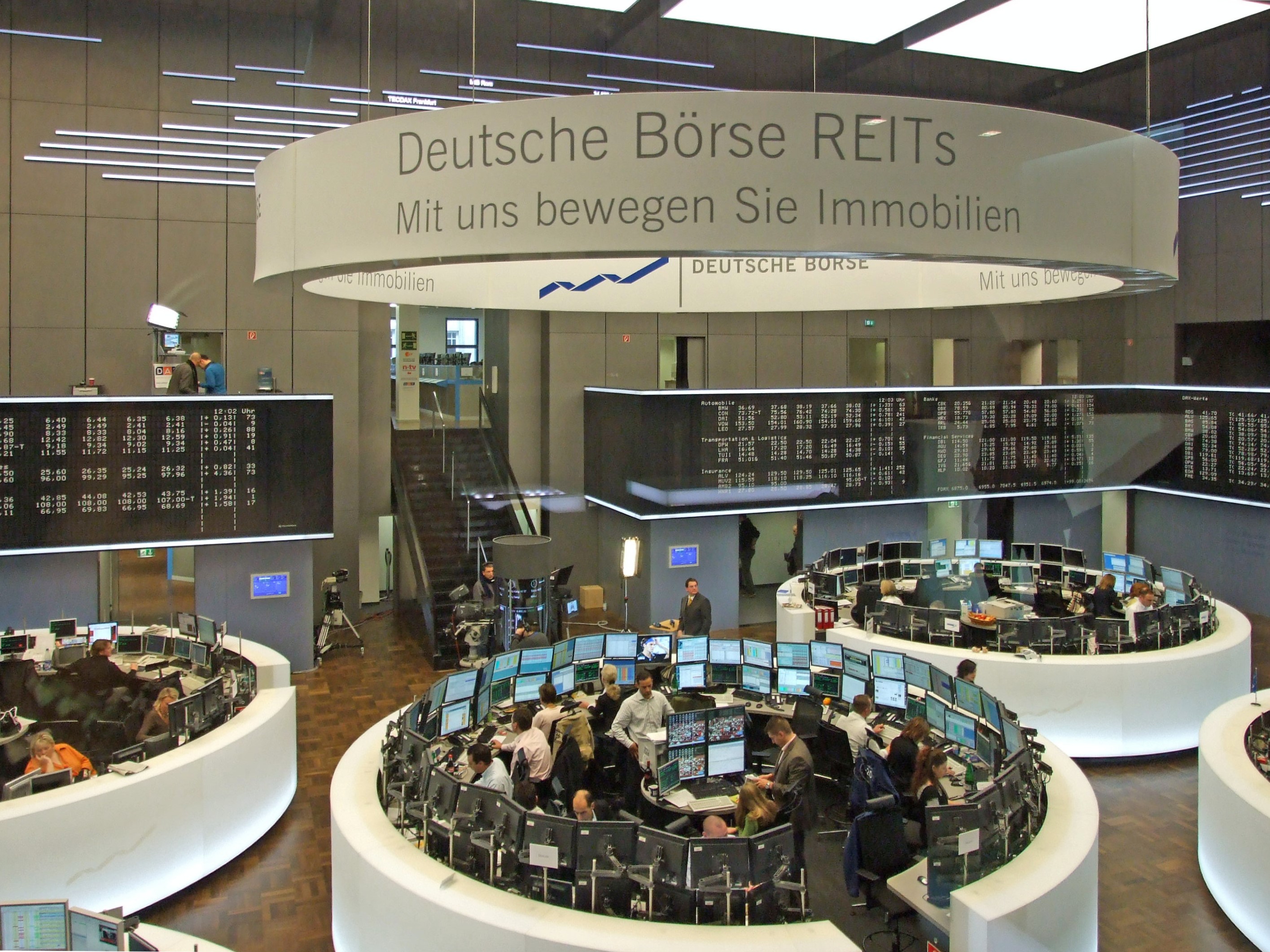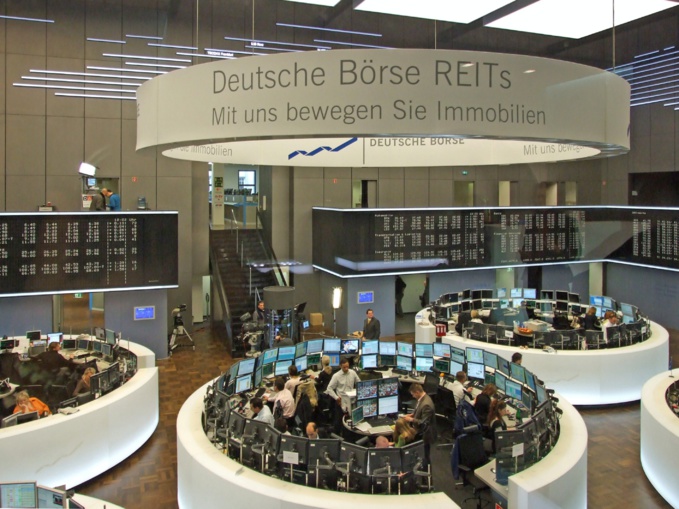"As the UK bowed out of the EU, the main exchange office cannot be located in London, - said Carsten Schneider, a senior representative of the Social Democratic Party. - It must submit to the EU’s supervision and regulation."
The LSE and Deutsche Boerse announced plans to merge in March. The transaction will create an exchange operator with a market capitalization of $ 30 billion. LSE’s shareholders will vote for the merger on the next Monday, July 4. In turn, shareholders of Deutsche Boerse are required to present their shares to be exchanged for the combined company’s shares until 12th July. The merger must be approved by 75% of shareholders on each side.
If the deal gets through, European LSE and Deutsche Boerse will be able to seriously compete with the US SEC in the derivatives business. Trading stocks is no longer a core business for both exchanges, and the business of derivatives trading is growing. After the 2008 crisis, regulators demanded to shift derivatives trading to regular sites, and carry out payments through clearing houses. LSE and Deutsche Boerse’s business largely complement each other in this area, says WSJ: for example, the first has many OTC derivatives, while the second boasts with large number of listed derivatives.
After the British referendum, leaders of the LSE and Deutsche Boerse issued a joint statement. They said that although they are not going to change their plans and terms of the transaction, they see new obstacles on the way. For instance, DSW German Association, which brings together small investors, demanded to cancel the deal. "Deutsche Boerse’s management should critically review the merger’s plan, and either provide an update, or bury it", - said the association’s representative.
Brexit also changed the deal’s terms. 24 June, LSE shares fell 12%, and are now traded at a discount to Deutsche Boerse’s shares.
Hufeld, who is not only president of BaFin, but also a member of the ECB Board of Supervision, said that after leaving the EU, London will cease to be center of trade tools denominated in euros. London’s derivatives and repo contracts market is estimated at several trillion euros. Christian Noyer, Banque de France manager, warned that the euro zone will not tolerate such a large share of euro transactions kept in London beyond the ECB’s control. Hufeld argues that these operations should move to Frankfurt: "It would be politically short-sighted to leave a significant share of operations with tools in the euro outside the European Union." Recall that The EU will transfer headquarters of the European Banking Authority (EBA) from London to Paris or Frankfurt, reports Reuters.
The LSE and Deutsche Boerse announced plans to merge in March. The transaction will create an exchange operator with a market capitalization of $ 30 billion. LSE’s shareholders will vote for the merger on the next Monday, July 4. In turn, shareholders of Deutsche Boerse are required to present their shares to be exchanged for the combined company’s shares until 12th July. The merger must be approved by 75% of shareholders on each side.
If the deal gets through, European LSE and Deutsche Boerse will be able to seriously compete with the US SEC in the derivatives business. Trading stocks is no longer a core business for both exchanges, and the business of derivatives trading is growing. After the 2008 crisis, regulators demanded to shift derivatives trading to regular sites, and carry out payments through clearing houses. LSE and Deutsche Boerse’s business largely complement each other in this area, says WSJ: for example, the first has many OTC derivatives, while the second boasts with large number of listed derivatives.
After the British referendum, leaders of the LSE and Deutsche Boerse issued a joint statement. They said that although they are not going to change their plans and terms of the transaction, they see new obstacles on the way. For instance, DSW German Association, which brings together small investors, demanded to cancel the deal. "Deutsche Boerse’s management should critically review the merger’s plan, and either provide an update, or bury it", - said the association’s representative.
Brexit also changed the deal’s terms. 24 June, LSE shares fell 12%, and are now traded at a discount to Deutsche Boerse’s shares.
Hufeld, who is not only president of BaFin, but also a member of the ECB Board of Supervision, said that after leaving the EU, London will cease to be center of trade tools denominated in euros. London’s derivatives and repo contracts market is estimated at several trillion euros. Christian Noyer, Banque de France manager, warned that the euro zone will not tolerate such a large share of euro transactions kept in London beyond the ECB’s control. Hufeld argues that these operations should move to Frankfurt: "It would be politically short-sighted to leave a significant share of operations with tools in the euro outside the European Union." Recall that The EU will transfer headquarters of the European Banking Authority (EBA) from London to Paris or Frankfurt, reports Reuters.



















